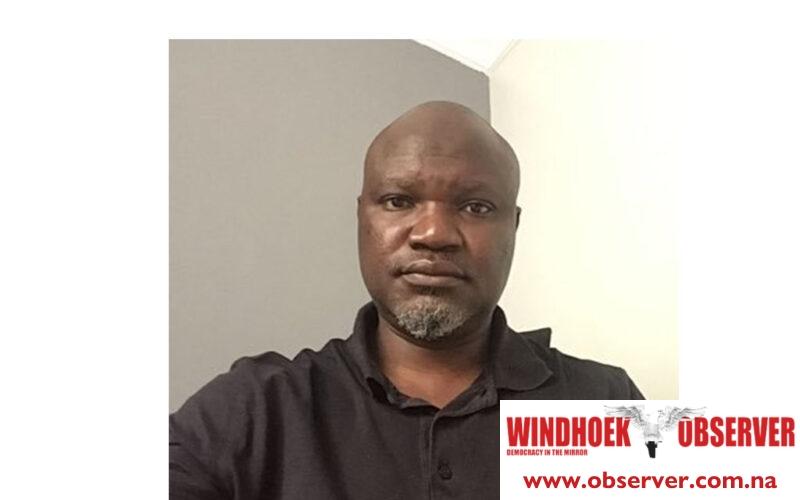Martin Endjala
The President of the Africa Editors Forum and chairperson of the steering committee of the Africa Media Convention (AMC) Churchill Otieno, says that according to the Committee to Protect Journalists’ annual Prison Census, at least 67 journalists were imprisoned across Africa in connection to their work as of 1 December 2023.
He said this on Thursday, during the opening of the third AMC at the Accra International Conference Centre in Accra, Ghana.
“As a fraternity, as a people, we must say and do all that is necessary to stop this wanton muzzling of agents of truth. Desmond Tutu told us not to raise our voices but to improve our arguments. But he also told us that to be silent in a situation of injustice is to side with the oppressor! We must not be silent.
Let us draw inspiration from one another, honouring the legacy of those who paved the way before us, as we chart a course towards a future where media freedom flourishes,” said Otieno.
He called on the delegate to engage deeply on these issues, share insights and experiences, and collaborate to drive positive change in the media landscape.
Otieno said that the issue of compensation must be addressed.
Arguing that journalists and media professionals should receive fair remuneration for their invaluable work.
He said the current landscape, marked by the dominance of big tech platforms, often sees media organisations struggling to monetize their content while these platforms profit from it.
Otieno advocates for fair compensation mechanisms, such as equitable revenue-sharing models and copyright reforms.
He believes that championing fair compensation upholds the dignity and livelihoods of journalists and fortifies the foundation of a sustainable and thriving media ecosystem.
He also emphasised the urgent need to address the issue of access to data held by social media platforms.
He said that in the digital age, social networks have become crucial sources of information, yet journalists’ access to data is often restricted. He added that journalists rely on data for in-depth reporting and investigative journalism.
“We must advocate for greater transparency and accountability from these platforms, ensuring that journalists have access to the data they need to uncover stories, hold power to account, and serve the public interest,” said Otieno.
He encouraged journalists to embrace artificial intelligence (AI) as they navigate the complexities of the digital era to revolutionise the media landscape in Africa.
Otieno is of the view that AI technologies have the capacity to enhance journalistic workflows, automate repetitive tasks, and personalise content delivery to diverse audiences.
He also indicated that AI has associated challenges and risks, including potential biases in algorithms and concerns about job displacement.
“We must embrace new technologies, explore innovative storytelling methods, and forge partnerships that amplify the voices of the voiceless and ensure the truth prevails. This is why he believes that we, as African media professionals, must engage critically with AI, ensuring that its development and deployment are guided by ethical principles, transparency, and accountability,” he said.
He stated that in the face of unprecedented challenges, censorship, harassment, and the rampant spread of misinformation, journalists must harness the power of creativity and innovation to sustain a free and vibrant media.
He said journalists hold power to account and should relentlessly continue to champion the cause of justice and democracy, uphold truth, defend media freedom, drive sustainability, and evolve homegrown media policies that ensure the industry thrives.




